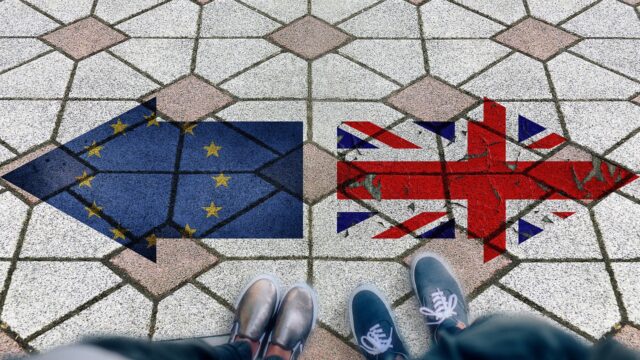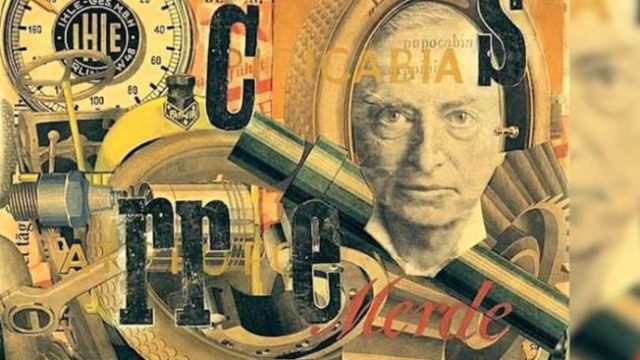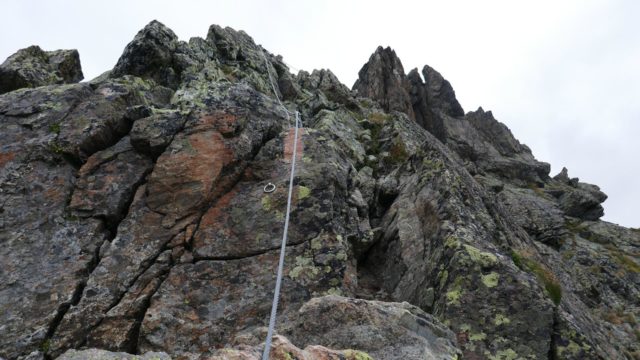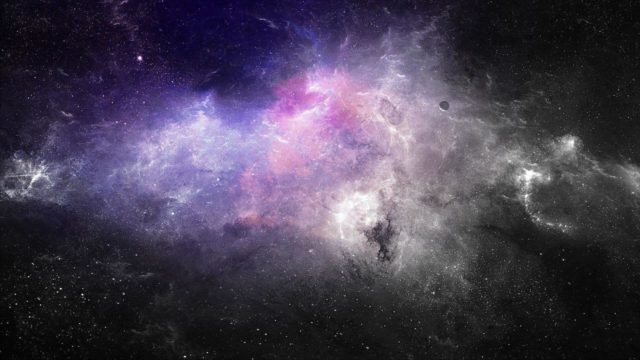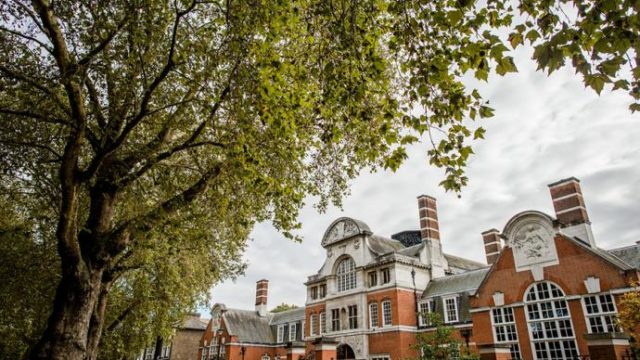iPaulina

The Danger of QAnon
The rise of conspiracy theories and disinformationEarlier in 2020, across the world people stayed home and avidly consumed media. Some were radicalised by algorithms driving them deeper and deeper into the internet’s darkest rabbit holes. The darkest hole of them all? QAnon.
What is QAnon?
At its heart, QAnon is a vast, unfounded web of conspiracy theories that say America’s government, business and media is run by a cabal of paedophiles and powerful Satan-worshippers who run global child sex-trafficking rings. These villains are predominantly Democrats, and Donald Trump is the hero waging a secret war against them. QAnon believers say there will be a day of reckoning where prominent people such as Hillary Clinton will be arrested and executed.
QAnon offers a parallel history, in which a ‘deep state’ took over decades ago. It appears to link and explain everything from ISIS to the JFK assassination.
Where do believers get their information?
The information supposedly comes from a high-ranking government official who posts ambiguous clues on websites 4chan and 8chan under the name “Q.” These cryptic messages are often littered with slogans and pro-Trump themes. Who’s behind these posts is anyone’s guess. Some QAnon followers point to White House aide Dan Scavino and former national security adviser Michael Flynn.
This sounds ridiculous. Nobody actually falls for it… right?
You would hope so, but thousands do. The amount of traffic to mainstream social networking sites like Facebook, Twitter, Reddit and YouTube has only been increasing, especially during the Coronavirus pandemic.
Radicalisation is happening at an alarming rate that shocks even academics who study extremism. A sociologist studying YouTube found that after watching videos of Trump, videos “that featured white supremacist rants, Holocaust denials and other disturbing content” crowded their recommended videos.
What are the impacts?
QAnon supporters commandeer hashtags and co-ordinate online abuse of those they believe are working for the “deep state.” But it’s not just threatening messages online – some QAnon believers have been arrested for taking offline action. For instance, in 2018, a heavily armed man blocked a bridge over the Hoover Dam and later pleaded guilty to a terrorism charge. Followers have organised several #SaveOurChildren demonstrations. The beliefs themselves are almost an incitement to violence. There isn’t much worse you can say about anyone than that they are a satanic sex trafficker. The FBI has warned that fringe conspiracy theories like QAnon pose a growing domestic terrorism threat. Their fears are being realised – QAnon believers were among those who recently stormed the US Capitol.
In addition, two QAnon supporters were elected to the United States House of Representatives in November 2020. Marjorie Taylor Greene was elected to represent Georgia, and Lauren Boebert for Colorado. Furthermore, Trump has repeatedly refused to disavow QAnon, even saying, “I heard that these are people that love our country.”
How will QAnon fare under a Biden presidency? Only time will tell.
Eppie VI
